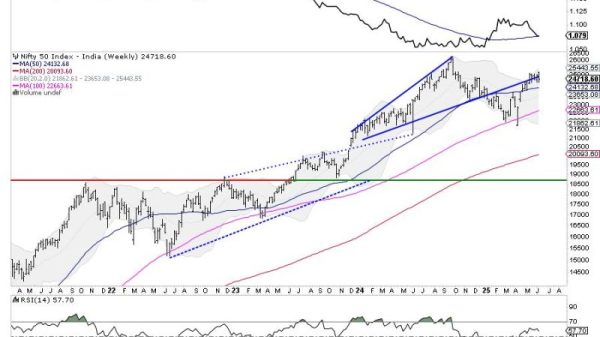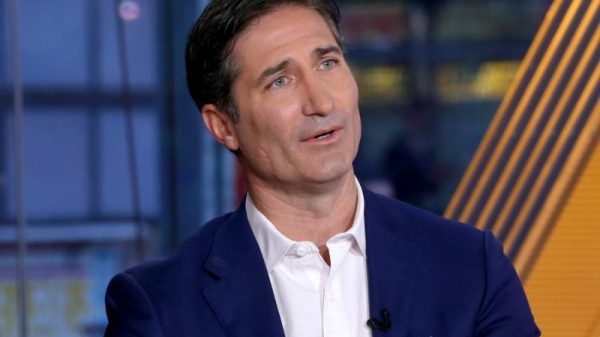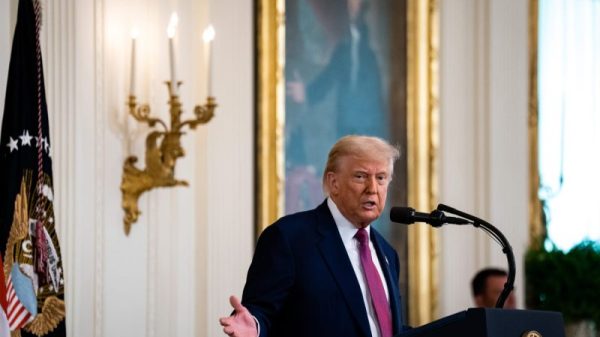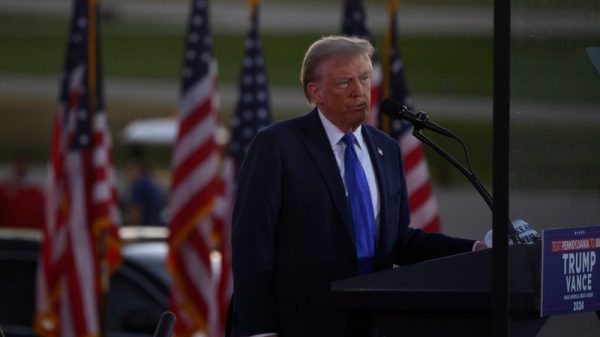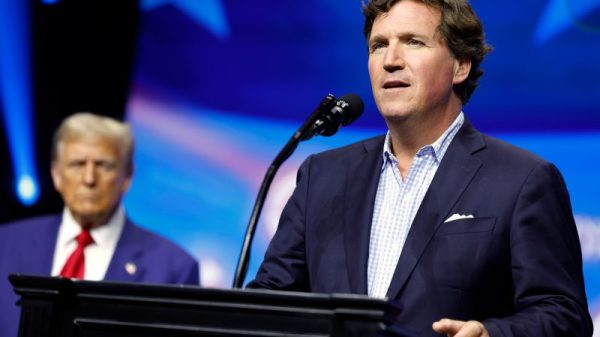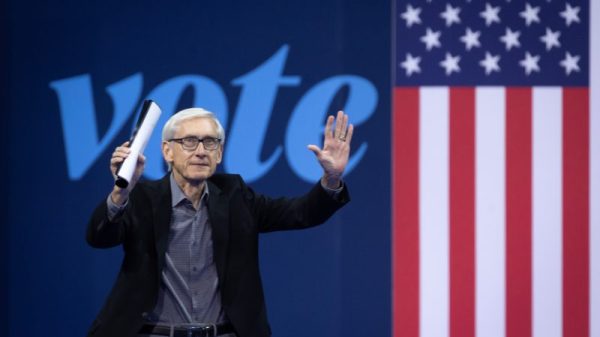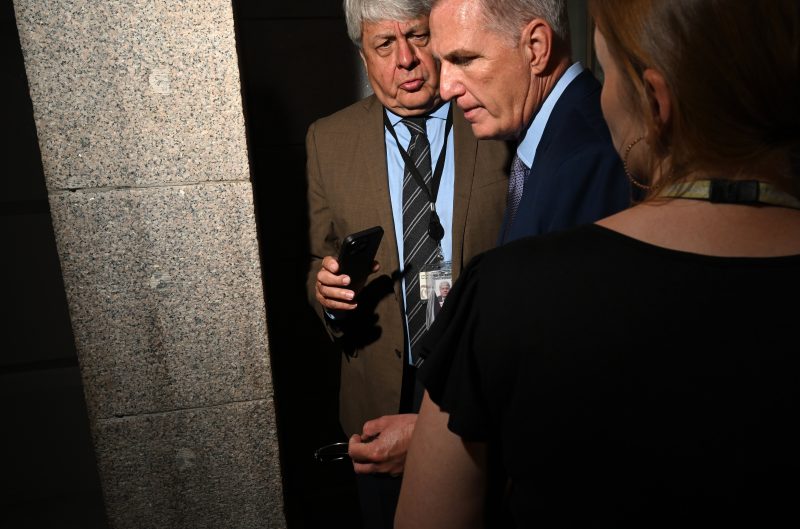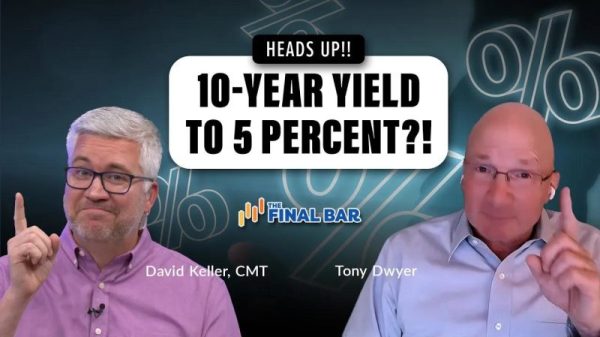In the abstract, being put in charge of an influential organization sounds appealing. You can help steer its outcomes in your desired direction, effect change as you see fit — not to mention the cachet involved!
But the nature of the organization matters. If it is constituted of scores of people over whom you have very little leverage, people assured a position within the organization, things get trickier. If those people are actively working to usurp your power and authority? Trickier still.
And so it is that House Speaker Kevin McCarthy (R-Calif.) holds perhaps the least enviable position in American politics. He fought relentlessly and ultimately successfully against his caucus’s right-most fringe to secure the top position in the House in January — and has spent any number of days since fighting that fringe to get done what he hopes to accomplish.
At its root, McCarthy’s problem is that the speakership is only one locus of power for the right. Another is the attention granted by right-wing media and the voluble online activist base.
As speaker, McCarthy has direct power to effect change, but those with a big bullhorn — such as a certain former president — can incur a cost for him to do so. Members of his caucus, such as Reps. Marjorie Taylor Greene (R-Ga.) and Matt Gaetz (R-Fla.), have a slightly diminished form of the same power.
This is somewhat hard to measure. How much influence do Gaetz, Greene and others, such as Rep. Lauren Boebert (R-Colo.), have relative to McCarthy? How much attention do they command?
One metric is online search interest. Over the past seven months (beginning about a month after McCarthy took the gavel), Greene has averaged about twice as much interest as McCarthy. Boebert has averaged slightly more than the House speaker, though that’s been goosed of late thanks to news reports about her extracurricular activities. Gaetz, by contrast, gets less attention.
But it’s important to remember that not all attention is positive attention.
In January, as the new Republican majority in the House was finalizing its election of McCarthy as speaker, YouGov conducted polling for the Economist that considered the popularity of various Republicans. It included a measure of how well-known individual legislators are, with three-quarters of respondents having an opinion of McCarthy but less than half having one of House Conference Chair Elise Stefanik (R-N.Y.).
Greene was better-known than House Majority Leader Steve Scalise (R-La.) — but that was in part because she was so well-known among Democrats. On average, Greene, Gaetz and Boebert were 10 percentage points better-known by the opposition party than their own.
This isn’t an uncommon phenomenon: People who become polarizing figures are often better-known by their opponents than their allies. After all, left-wing media outlets are presumably more interested in elevating vitriolic or bizarre comments from fringe politicians than right-wing outlets might be.
Fox News and Fox Business have mentioned McCarthy a lot more than Greene, Gaetz and Boebert combined, even over the past eight months as McCarthy has struggled to reach consensus on bills. Being speaker positions him more obviously in the spotlight and earns him mentions that the fringe can’t match.
Since January, Fox News and Fox Business have mentioned McCarthy on average 12 times more often than the three other legislators combined. On MSNBC and CNN, he’s been mentioned four times as often.
But while Gaetz (in particular) and others do use television as a platform, they also have a presence on social media that McCarthy doesn’t. Consider just X, the platform once known as Twitter. McCarthy, Greene and Gaetz all have at least 2.5 million followers on their official accounts. But while McCarthy’s personal/political account only has about 90,000, Greene’s has 880,000 and Gaetz’s 2.2 million.
Since the personal accounts are unconstrained by rules about campaigning, they are often more robust conduits for right-wing rhetoric. And since right-wing rhetoric is an important currency of right-wing politics, particularly at the moment, the outsiders have an advantage.
In seeking to secure the speakership, McCarthy conceded one point that’s made this power struggle more potent: allowing for one member of the House to call for a vote on his removal. It gives every legislator, including those interested in vacuuming up online attention, the potential power to undermine his authority.
So our analogy at the outset wasn’t quite correct. Imagine you’re put in charge of an influential organization — but your colleagues aren’t only jostling for access to your power but have the ability to unseat you entirely.
Perhaps it would be wise to decline such a position if offered.










